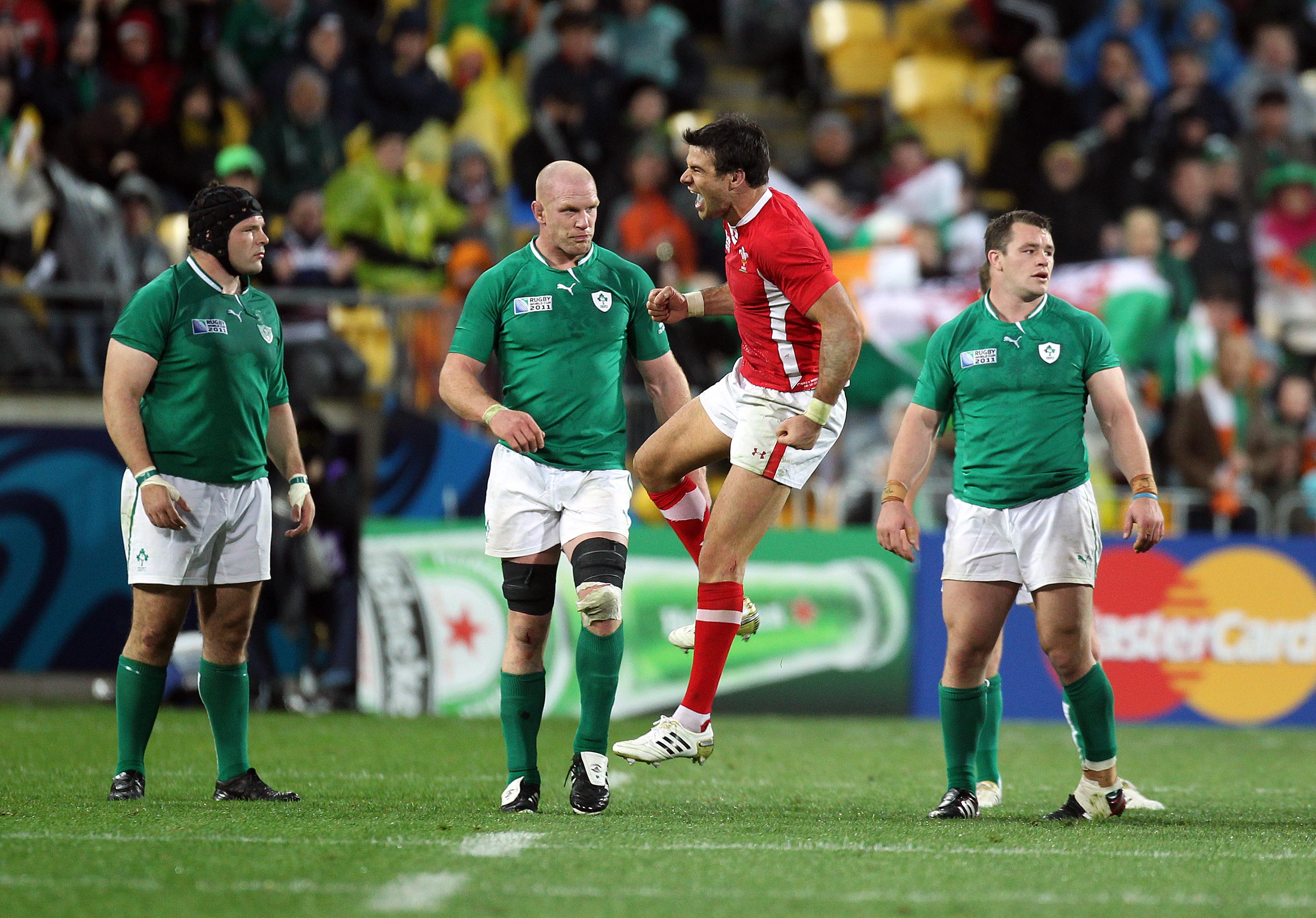Ireland can bask in a heady glow of success after the won a second consecutive Six Nations but is genuine progress being made towards the Rugby World Cup?
After quite possibly the most exciting day of Six Nations Rugby EVER (hyperbole is allowed after a day like that) and certainly the most madcap, Ireland ended it top of the table – with a little help from James Haskell‘s sliding right leg but not so much from the French players who decided to run a penalty five metres out with the final play of the day – oh mon dieu! Our heart rate is still settling, but here is what we *think* we learned about the Irish, on a day that didn’t lend itself to cold, hard analysis so much as allow emotions to run wild
Champions. Repeat Champions.
Ireland are champions for the first time since 1948-49, and it’s just about a merited accolade. In the mini-league between the three best teams, England beat Wales comfortably (albeit it was close on the scoreboard), Ireland beat England comfortably, and Wales defended heroically against constant second half Irish pressure – Ireland came closest to the Grand Chelem, and that’s always a decent barometer of quality. The hips don’t lie and neither does the table and there’s a cigarette paper between the three teams. Play out the tournament again and all three results between them could swing the other way.
Offence wins games. Defence wins Championships
What turned out to be a critical factor was Ireland’s efficiency – they conceded by far the least number of tries in the tournament, had the best defence and, critically, never relented. While Wales at times flirted with defeat to Scotland; England managed to butcher a hatful of chances against Scotland and somehow conceded 35 points and five tries to a barmy French team, while Ireland whacked the bottom feeders without too much fuss – this, as much as anything, was the decisive factor. Both Wales and England had it in their compass to be champions, but made too many mistakes over the course – Ireland made very few.
No Fear
It’s amazing what a high points target will do for you – Ireland abandoned the super-conservative kick-chase game that has served them well all season in order to target tries and points against the Scots, and, amazingly, it not only worked, but was riveting to watch. If Ireland needed to win by three, this may not have happened, though Schmidt did indicate that they wanted to build on their ball-in-hand approach from the Wales match, but unquestionably being liberated from the straitjacket made Ireland more successful.
Ireland had retreated further and further into their shells all championship, only to burst out when 12-0 down against Wales, and apply even more ambition against Scotland – the excellent Australian website Green & Gold Rugby tweeted after the game “BREAKING: Six Nations discovers that tries make for more entertaining rugby” and it’s true, y’know.
Embrace the change
Ireland had won their first three games, which is not to be sniffed at, but there was a concern that their very limited game-plan was only just about getting them over the line. It seemed like they had hit upon a formula that worked and were frantically freezing everything to hope it lasted forever, and part of this was no non injury-enforced selection changes in the first four games.
Sure, Jack McGrath and Simon Zebo had done fine, but that’s a negative reason for selecting them – bringing in Luke Fitzgerald and Cian Healy seemed to galvanize and revitalise the team. Irish coaches tend to have put too much store on continuity as time goes on, and this was a welcome reminder that horses for courses and competition for places can be a positive thing. Indeed, it might even benefit some incumbents – Rob Kearney, for one, looks a rather tired and predictable presence in the team right now – what price a Felix Jones start in the Rugby World Cup warm-ups?
World Cup focus
From now, the focus in Ireland will be on the World Cup. Ireland have a woeful record in World Cups, with just two quarter-finals in the four tournaments of the professional era – the harrowing defeats (Argentina 1999 and 2007, France 1999, 2003 and 2007 and Wales 2011) far outnumber the one memorable victory (Australia 2011) in the history books.
This time, it’s hard to see how the tournament could be better set for Ireland – they have an agreeable draw (two of the Six Nations bunnies in their pool, against whom Joe Schmidt has a 4-0 record), it’s right next door, and they are coming in as repeat Six Nations champions. Wales did them a favour by exposing their weaknesses and then setting them an imposing points target, and the Scots did them a favour by happily facilitating the revival in their attacking capabilities with some fast and loose play. With a knockout draw likely to be Argentina then Wales/England/Australia, all of whom they have beaten of late, the target has to be the final.
Finally, for what it’s worth, our team of the tourney would be: Hogg; Huget, Joseph, Henshaw, Nowell; Ford, Webb; Marler, Baldwin, Cole; Jones, O’Connell; O’Brien, Warburton ©, Vunipola – note more England players than Ireland, but ultimately Ireland were the better and more consistent team – and made less mistakes









